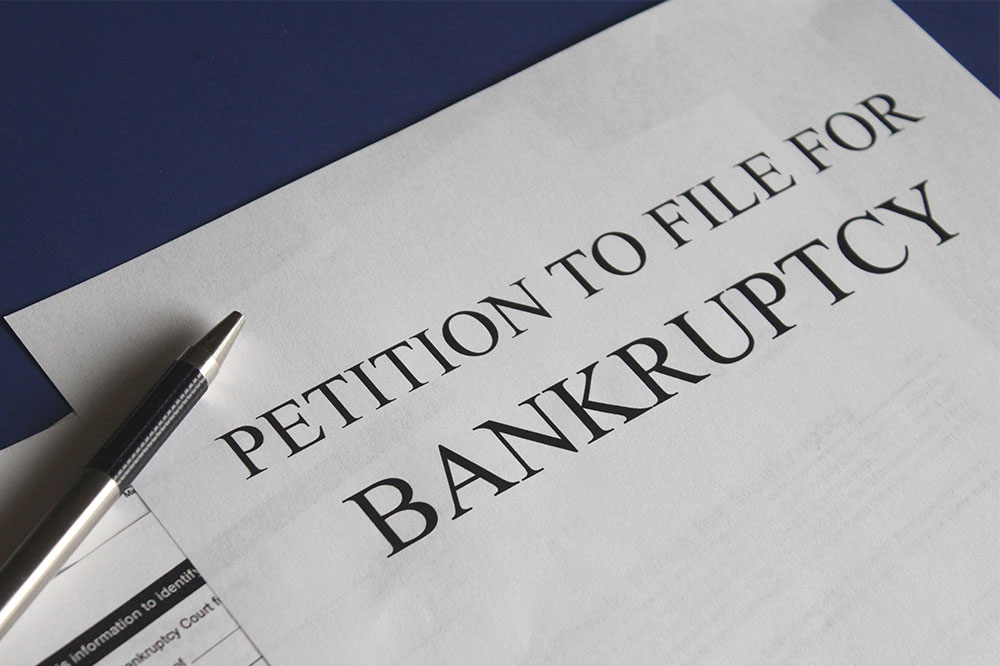Essential Guide to Bankruptcy Filing Costs
This article provides an in-depth overview of bankruptcy filing costs, covering court fees, attorney charges, educational expenses, and practical tips for managing these costs. It explains the differences between Chapter 7 and Chapter 13, how fees vary by location, and offers strategies to prepare financially. Whether you're considering filing for bankruptcy or seeking cost-saving advice, this guide helps you understand the expenses involved and how to plan accordingly for a smooth process.

Understanding the Expenses Involved in Bankruptcy
Wondering about the cost of initiating bankruptcy proceedings? The answer isn't straightforward, as expenses vary based on several factors. Typically, the court filing fees are fixed, but attorney costs can differ significantly depending on location, case complexity, and payment arrangements. Costs also differ between Chapter 7 and Chapter 13 filings. Here's a comprehensive overview of bankruptcy costs, including attorney fees, filing fees, and tips on managing these expenses effectively.
Differences Between Chapter 7 and Chapter 13
In Chapter 7 bankruptcy, most debts are discharged, providing immediate relief. Conversely, Chapter 13 reorganizes debts into a repayment plan, potentially reducing total owed and allowing debtors to keep essential assets.
Breaking Down Bankruptcy Expenses
Bankruptcy costs mainly include court filing fees and attorney fees. Court fees are generally standard across districts, while attorney fees vary based on expertise, location, and case complexity.
In rural areas, attorney fees tend to be lower than in urban centers like Manhattan. For Chapter 7, average attorney fees are around $1,450, typically ranging from $1,000 to $1,750. For Chapter 13, costs average about $3,000, with possible variation between $2,500 and $5,000. District courts regulate attorney fees for Chapter 13, establishing reasonable fee limits, so it's wise to consult local courts before hiring an attorney.
Educational Costs for Bankruptcy
A small fee covers two credit counseling courses mandated for all petitioners, whether filing under Chapter 7 or 13. These courses can be completed online or in person through approved nonprofit agencies, costing approximately $50 as set by the US Trustee.
Strategies to Cover Bankruptcy Expenses
Filing Chapter 13 allows debtors to protect assets and allocate finances toward repayments and legal fees. For Chapter 7, paying attorney costs upfront can be challenging, but here are some tips:
Save and Borrow
Cut unnecessary expenses, save for fees, sell unused items, or seek interest-free loans from friends and family to raise funds.
Plan Payment Arrangements
Many attorneys offer flexible payment plans. Discuss extending payments over months—such as three or six months—during initial consultations to ease financial burden.
Use a Petition Preparer
For quick filings, hiring a petition preparer can help fill out paperwork efficiently, charging around $70 per hour. This service doesn't include legal advice but is beneficial for initiating an automatic stay to stop debt collection actions.










